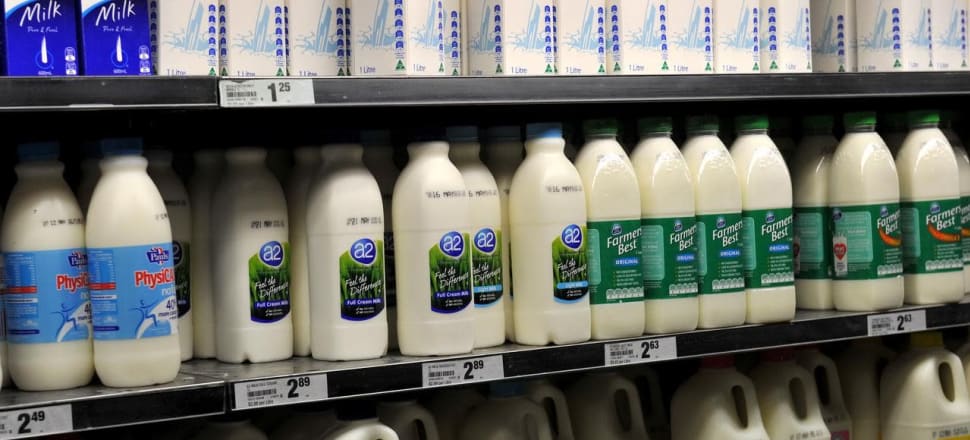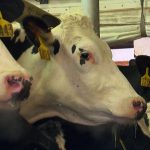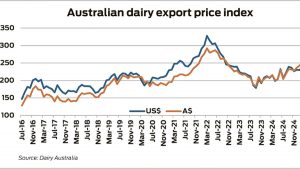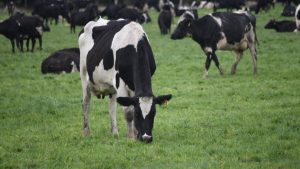
Coles and Aldi are raising the prices of their two-litre and three-litre bottles of milk by 10¢/litre each, vowing to pass the extra money on to Australian dairy farmers.
Coles Group chief executive officer Steven Cain said his company was endeavouring to help make the dairy industry more sustainable, alongside government and industry stakeholders.
But he said farmers could not wait for such long-term changes to be made.
‘‘We know that many dairy farmers cannot wait for structural reform to be delivered so we are moving to provide relief right now.’’
Aldi’s managing director of buying Oliver Bongardt said the decision recognised the ‘‘significant issues’’ currently facing the dairy industry.
‘‘This solution is a short-term measure and will allow our processors to immediately pass additional funds to their dairy farmers outside of normal seasonal adjustments,’’ he said.
Dairy farmers Craig Gallpen from Blighty, Strathmerton’s Andrew Wilson and Bernie Macgill from Lemnos said more was needed.
‘‘As far as I’m concerned it’s not enough,’’ Mr Gallpen said.
‘‘It’s a good first step but well short of what we need to be a sustainable industry,’’ Mr Wilson said.
‘‘We need it to be at least 50¢ more to be serious. New Zealand’s cheapest milk is $1.70/litre.’’
‘‘If they were genuinely serious about helping out dairy farmers they would have put it on all dairy products,’’ Mr Macgill said.
Mr Wilson was concerned that only a handful of farmers would benefit from the increase.
‘‘There are 15 processors in northern Victoria and only two or three supply those major supermarkets — so that means 12 or 13 miss out,’’ he said.
‘‘That means only a handful of farmers will get that 10¢ rise and in reality it is a 1¢/litre increase on-farm.’’
Despite farmers wanting more, Kyvalley Dairy Group, which supplies milk to Aldi, backed the decision.
‘‘We acted early to support our dairy farmers (through its drought assistance package) and we recognise that Aldi has worked to absorb its contribution to drought relief packages and the ongoing dairy pricing issues,’’ Kyvalley Dairy director Wayne Mulcahy said.
‘‘However, no business can continue to absorb increases where there is no foreseeable end.
‘‘Kyvalley Dairy works in the best interest of its milk suppliers to offer reasonable and sustainable pricing and we believe that this small on-shelf price increase to the public will be a positive move.’’
Australian Dairy Farmers agreed it was a good thing and NSW Farmers said it was a ‘‘huge win for dairy farmers’’.

























